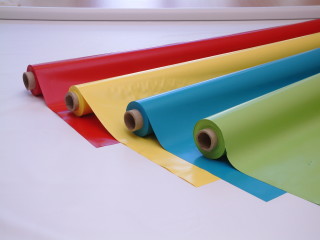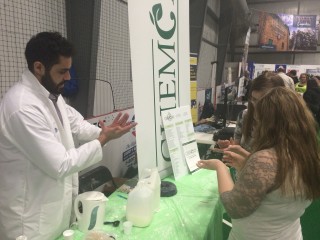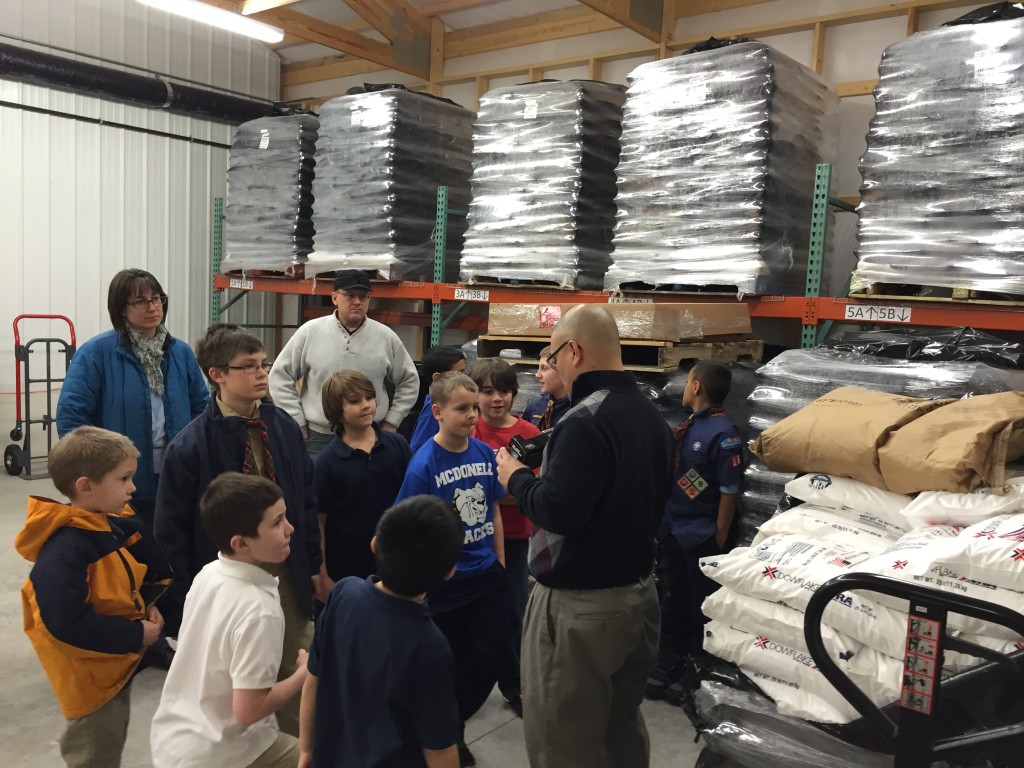 Most average consumers don’t know much about phthalates, and only adding to the confusion has been misreporting by the media of recent studies that have been conducted. One example was a series of “tips” to avoid phthalates that the media picked up on from a NYU professor who studied phthalates. The tips included things such as keeping plastic containers out of the microwave and dishwasher and discarding scratched plastic containers whose “protective coatings” may have been damaged. The problem? These tips were picked up and reported on TV and the internet, often along side pictures of plastic items that weren’t even made with phthalates in the first place.
Most average consumers don’t know much about phthalates, and only adding to the confusion has been misreporting by the media of recent studies that have been conducted. One example was a series of “tips” to avoid phthalates that the media picked up on from a NYU professor who studied phthalates. The tips included things such as keeping plastic containers out of the microwave and dishwasher and discarding scratched plastic containers whose “protective coatings” may have been damaged. The problem? These tips were picked up and reported on TV and the internet, often along side pictures of plastic items that weren’t even made with phthalates in the first place.
The fact is, it would be very unlikely to ever find phthalates in any microwavable containers to begin with. Phthalates are common additives to make PVC (polyvinyl chloride) plastic soft and flexible, and without them PVC is very rigid (think of plastic sewer pipes). So while you may find phthalates in items such as vinyl roofing membranes and shower curtains, most plastic food packaging and storage items are made with other types of plastics that do not require additives like phthalates.
Although phthalates have gained a media spotlight in recent years, they are nothing new to the market. Phthalates have been in use for 50 years, and have been studied extensively. Groups such as the American Chemical Council (ACC) has been helping to better educate concerned consumers, and has a variety of resources available on their websitewww.phthalates.org.
For More Information see the American Chemical Council’s informational page

 ChemCeed Intern, Marcos Waksman, teaches students about polymer chemistry at this year’s Career Venture held yesterday in Eau Claire. The ChemCeed table was visited by local middle and high school students, and the ChemCeed staff showed them how to make bouncy balls to demonstrate polymer chemistry.
ChemCeed Intern, Marcos Waksman, teaches students about polymer chemistry at this year’s Career Venture held yesterday in Eau Claire. The ChemCeed table was visited by local middle and high school students, and the ChemCeed staff showed them how to make bouncy balls to demonstrate polymer chemistry.